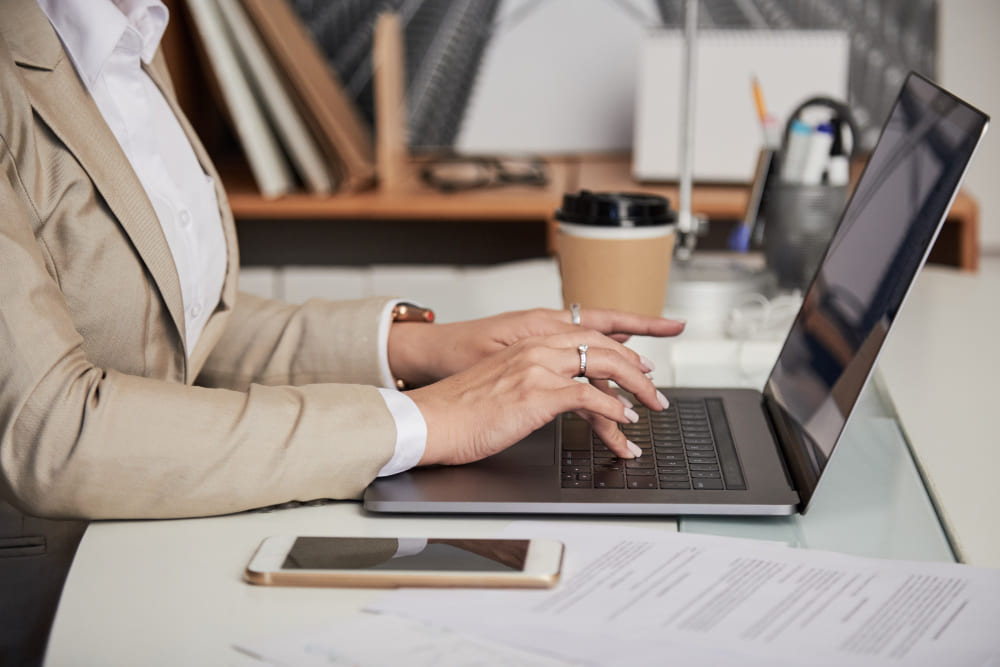How to Prepare for Job Interviews Successfully
Preparing thoroughly for job interviews can dramatically increase your chances of landing your dream position, with strategic preparation making the difference between merely participating in the interview process and actually receiving that coveted job offer that aligns with your career aspirations and professional goals.
Research the Company Thoroughly Before Your Interview
Employers consistently rank company knowledge as one of the most impressive qualities in candidates, demonstrating your genuine interest and initiative beyond what appears in the standard job description or company website homepage.
Investigate the organization’s mission statement, core values, recent news, financial performance, and major competitors to develop insightful questions that showcase your understanding of their business challenges and market position.
Reviewing the LinkedIn profiles of your potential interviewers can provide valuable insights into their professional backgrounds, helping you establish rapport by identifying common interests, shared connections, or complementary experience that might resonate during your conversation.
Prepare Compelling Answers for Common Interview Questions
The STAR method (Situation, Task, Action, Result) provides an excellent framework for structuring responses to behavioral questions, allowing you to deliver concise yet comprehensive answers that clearly demonstrate your problem-solving abilities and relevant experience.
Prepare specific examples that highlight your achievements, quantifying results whenever possible with percentages, dollar amounts, or time saved to make your contributions tangible and memorable to potential employers.
Anticipate challenging questions about employment gaps, career changes, or workplace conflicts, developing honest responses that frame these situations positively by emphasizing what you learned and how these experiences contributed to your professional growth.
Master Your Nonverbal Communication Skills
Research from Harvard Business School suggests that nonverbal cues account for 55% of your communication impact during interviews, making your body language potentially more influential than your actual words.
Practice maintaining appropriate eye contact, sitting with good posture, and eliminating nervous habits like pen-clicking or hair-touching that can distract interviewers from your qualifications and create an impression of anxiety rather than confidence.
Virtual interviews require additional consideration for background, lighting, camera angle, and technical setup, with professionals recommending practice sessions to ensure you appear polished and focused without the distractions of poor video quality or awkward framing.
Develop a Strategic Personal Presentation Strategy
Your interview attire should align with the company culture while erring slightly on the formal side, with industry experts suggesting researching typical workplace dress codes and then elevating your choice one notch above the everyday standard.
Prepare a concise, compelling personal pitch that communicates your unique value proposition in 30-60 seconds, highlighting your most relevant qualifications, accomplishments, and career aspirations as they relate specifically to the position you’re seeking.
Organize a professional portfolio or digital presentation that showcases tangible examples of your work, providing visual evidence of your capabilities that can significantly strengthen your verbal claims and differentiate you from equally qualified candidates.
Practice Interview Scenarios with Targeted Feedback
Mock interviews with industry professionals or career coaches can identify blindspots in your presentation that you might miss when practicing alone, providing objective feedback about both content and delivery from someone with hiring experience.
Record yourself answering practice questions to evaluate your speaking pace, filler words, and overall presence, as studies show that reviewing your own performance can help reduce interview anxiety by up to 30% through increased familiarity and self-awareness.
Incorporate increasingly challenging questions with each practice session to build mental agility and confidence, preparing you to handle unexpected queries with the same poise and thoughtfulness as those you’ve anticipated and rehearsed extensively.
 Fonte: Pixabay
Fonte: PixabayConclusion
Successful interview preparation requires a multi-faceted approach that goes beyond simply reviewing your resume and practicing standard responses to create a compelling professional narrative that resonates with potential employers.
The most effective candidates combine thorough company research, tailored responses to common questions, polished nonverbal communication, strategic personal presentation, and deliberate practice with feedback to create a confident, authentic interview presence that showcases their qualifications.
By investing time in these preparation strategies, you transform the interview from a stressful evaluation into an opportunity to demonstrate your unique value proposition, significantly increasing your chances of receiving offers for positions that align with your career goals and professional aspirations.
Frequently Asked Questions
How far in advance should I begin preparing for a job interview?
Start preparing at least 3-5 days before the interview, allowing sufficient time for company research, question preparation, outfit selection, and multiple practice sessions.What’s the best way to handle questions about salary expectations?
Research industry standards for similar positions in your location, then provide a salary range rather than a specific figure, emphasizing your flexibility and interest in the total compensation package.How can I effectively address employment gaps during an interview?
Focus on productive activities during the gap (freelancing, volunteering, education), emphasize your continued skill development, and confidently redirect the conversation toward your qualifications for the current position.What should I bring to an in-person job interview?
Bring multiple copies of your resume, a professional notebook with prepared questions, a portfolio of work samples if applicable, and contact information for your references.How should I follow up after completing a job interview?
Send a personalized thank-you email within 24 hours, referencing specific conversation points, reiterating your interest, and adding any important information you may have forgotten to mention.


